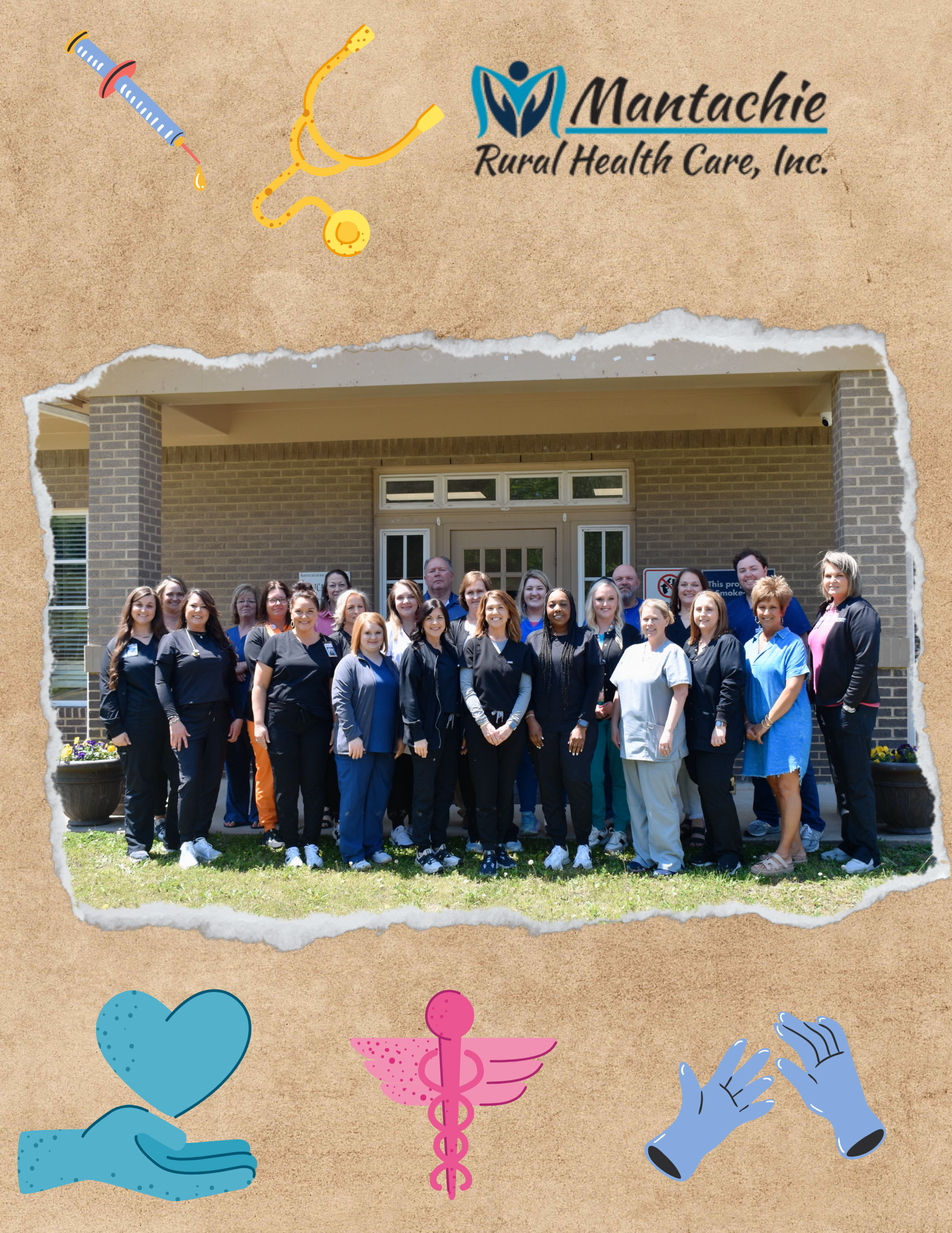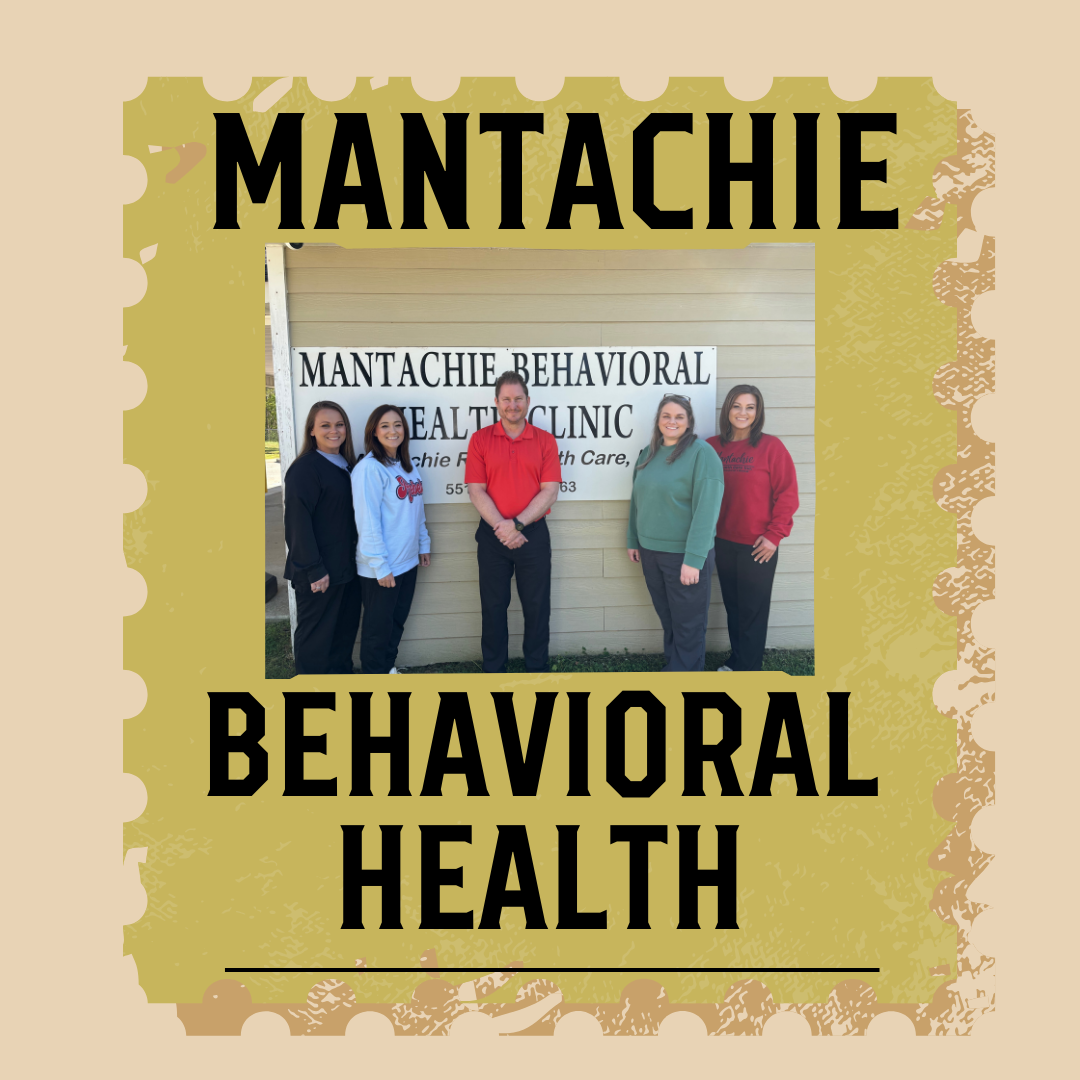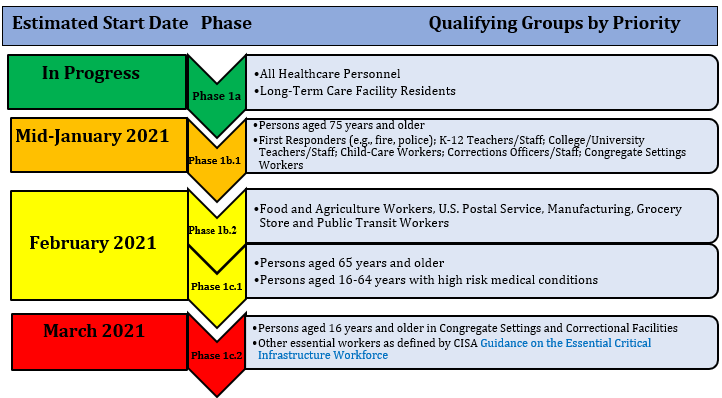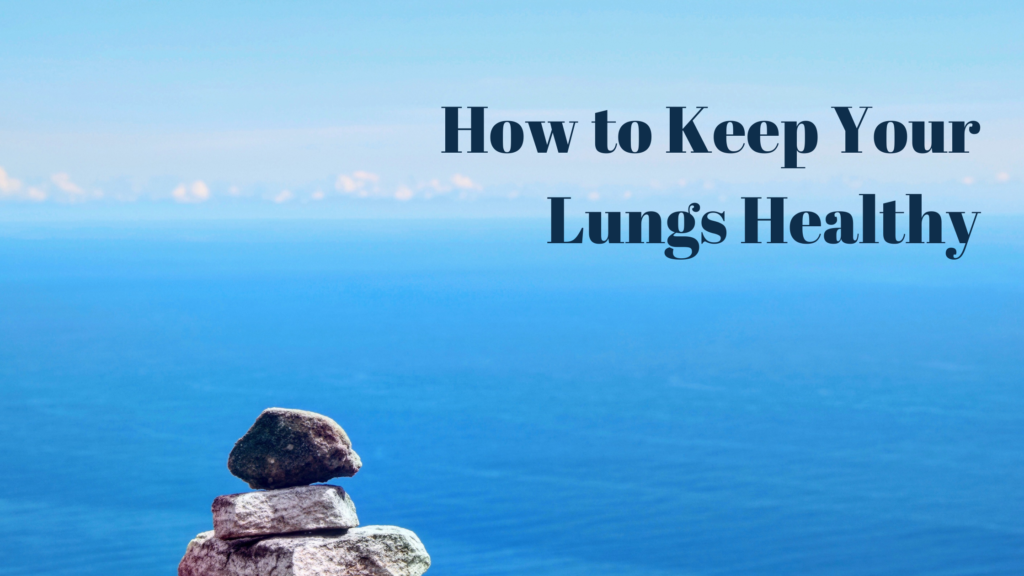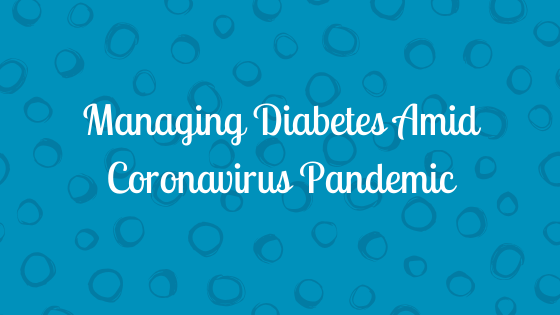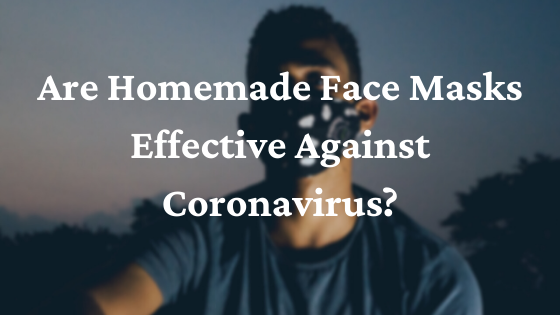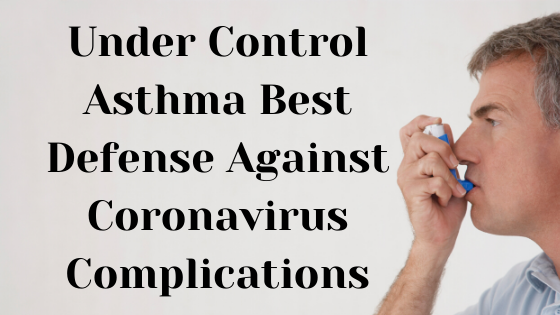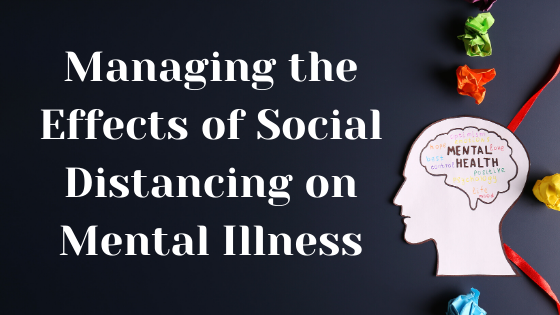Most survivors of Covid-19 recover in a few weeks. An estimated 30% of patients, however, continue to experience side effects from Covid-19 long after the acute illness is gone. Even those with mild cases of the disease are susceptible to long-term effects, although older people and those with serious medical conditions are most likely to suffer extended symptoms. People with long-lasting effects of Covid-19 may refer to themselves as “long-haulers” or refer to their symptoms as “long covid”.
Common Long-Term Symptoms
The most common long-term symptoms of covid are fatigue, shortness of breath, cough, and joint or chest pain. Other less common symptoms reported by patients include:
- Muscle pain or headache
- Pounding or fast heartbeat
- Problems with memory, concentration, and sleep
- Loss of smell or taste
- Skin rash or hair loss
Other Long-Term Symptoms
In addition to these symptoms, Covid-19 can cause lasting damage to the lungs, heart, or brain. The virus can cause significant damage to the heart muscle resulting in an increased risk of heart failure or complications. Pneumonia associated with this virus can also damage the alveoli, tiny air sacs in the lungs that help us breathe, leading to breathing problems. Covid has also led to the development of strokes, seizures, and Guillain-Barre syndrome, a condition causing temporary paralysis. These serious conditions can even affect young people with the virus.
Blood clots are another serious long-term complication of Covid-19. Experts believe small blood clots are the likely culprit of covid-related heart problems while large blood clots can damage the lungs, legs, liver, and kidneys. Covid-19 is also linked to weakened blood vessels that leak and develop problems for the liver and kidneys.
Covid-19 is also linked to problems with mood and fatigue, including the development of chronic fatigue syndrome. Chronic fatigue syndrome is a condition in which fatigue symptoms worsen with physical activity or exercise and are not relieved with rest. Some patients also report depression and other mood problems following a bout of covid.
Although all these symptoms are serious, the World Health Organization (WHO) says patients experiencing long-covid are not contagious.
As you can see, Covid-19 can lead to significant and even deadly long-term effects, and anyone can become susceptible to these lingering immune responses. The best ways to ensure you and your loved ones don’t suffer from the effects of covid is to continue practicing social distancing, wash or sanitize hands often, and wear a mask in public places. And now that a vaccine is available, we encourage you and your family to get immunized as soon as the vaccine is available to your age group.
If you are experiencing symptoms related to Covid-19, contact your Mantachie Rural Health Care provider immediately to schedule an appointment and self-quarantine until your visit. If you are in need of an appointment, click here to contact us now.
